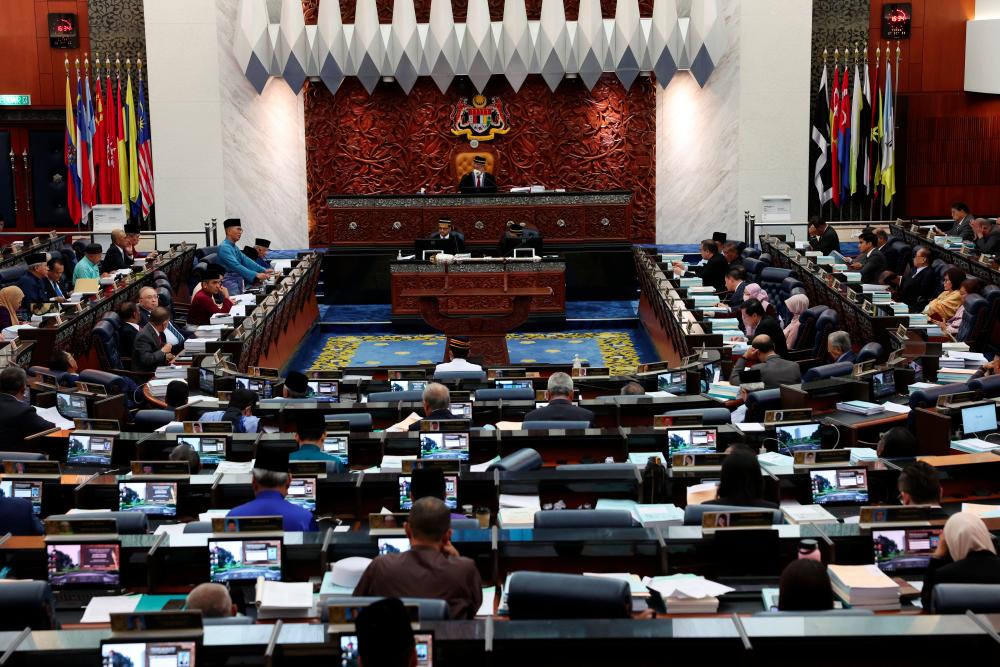KUALA LUMPUR: The government is aware that without proper planning and preparedness, global warming and climate change will put pressure on the country’s economic and social standing in the long run.
The Finance Ministry, in its Economic Outlook Report 2023 released yesterday, said the National Policy on Climate Change and other relevant policies and measures were formulated to guide the country in navigating the challenges ahead.
“Latest, the 12th Malaysia Plan (12MP) 2021-2025 guided by the pillars of sustainability (economy, social and environment) aims to achieve net-zero greenhouse gas (GHG) emissions by as early as 2050,” it said.
It added that Malaysia will develop the Long-Term Low Emission Development Strategies (LT-LEDS), which will outline strategies and actions for GHG mitigation, particularly for the main economic sectors.
The LT-LEDS will form the foundation as well as determine the way forward and targets in achieving the net-zero emissions aspiration.
The report also stated that the National Renewable Energy Policy and Action Plan, which was launched in 2009, has set its vision to spearhead renewable energy uptake in Malaysia and is further strengthened by the National Energy Policy 2021-2040 launched in 2022, which aims to continue meeting the nation’s growing energy demands.
“Based on the energy mix in Malaysia, hydropower is currently the highest contributor to the total renewable energy use. However, large hydropower could be affected as river sources deplete as well as siltation and sedimentation increase.
“Therefore, changing climate and weather patterns must be taken into consideration when planning for the use of hydropower, to ensure the effectiveness and success of projects like the Bakun hydroelectric power plant as well as other hydropower plants,” it said.
It said that solar power has the potential to contribute more to the energy mix.
“Being one of the main suppliers of solar-photovoltaic panels in the world, Malaysia’s local uptake still needs to be further encouraged.
“With the introduction of the Net-Energy Metering system, excess energy produced from solar panels fixed on private or commercial buildings can be sold back to the grid based on the Feed-In-Tariff and Large-Scale Solar systems, creating a new economic market ecosystem,” it said.
It also said that Malaysia is heavily dependent on available and affordable energy for its consumption and development purposes, from electricity generation to power industries, technologies and homes, as well as to the petrol and diesel fuelling vehicles and machinery.
“In ensuring that energy is easily accessible by the rakyat, the government spends a large amount annually on energy subsidies in the downstream segment, including petrol and diesel. Yet, blanket subsidies are unsustainable and put pressure on the fiscal space of the country,” it said. -Bernama













